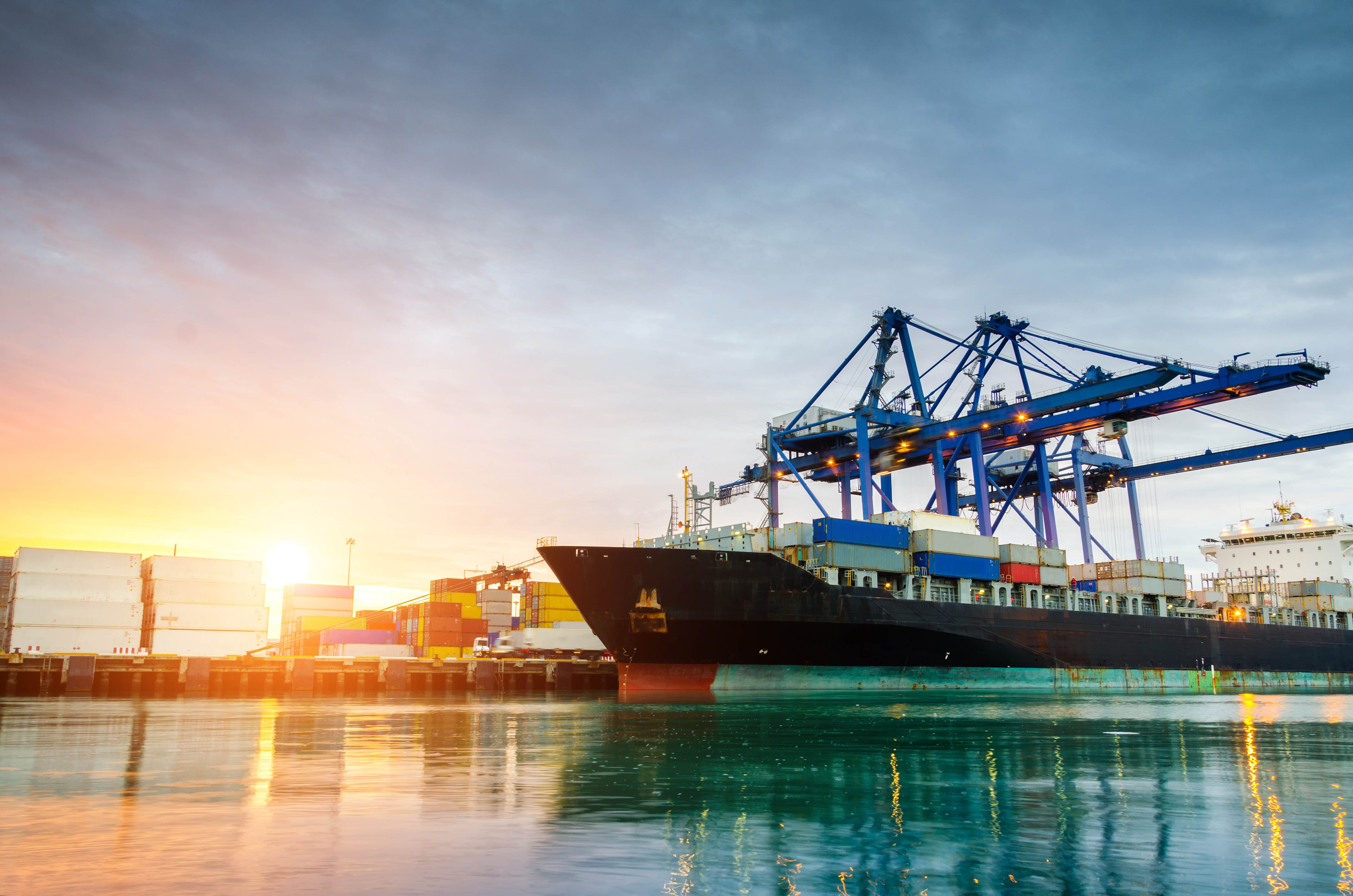
A Momentous Opportunity: Reflections on the Place of Intra-Commonwealth Trade and Investment
This blog reports on the challenges and opportunities presented at the recent Commonwealth Trade Ministers Meeting and the Commonwealth Business Summit in Namibia.
This blog article was written by Joshua Smit, a South African/UK PhD student of International Law at Oxford University where he is undertaking a research project into market integration and trade in the Commonwealth. Views and opinions expressed in this article are his own. Find out more about his work here.
The Commonwealth Parliamentary Association (CPA) is also represented on the Steering Committee of the Parliamentary Conference on the World Trade Organization (WTO).
Article posted on 10/07/2025.
The Commonwealth finds itself at an important juncture, with global economic uncertainty presenting a range of challenges and opportunities. Therefore, the coinciding of its biennial Commonwealth Trade Ministers Meeting and the Commonwealth Business Summit in June 2025 proved both timely and significant.
This year’s Commonwealth Trade Ministers Meeting (‘CTMM’) was exceptional in several regards. For the very first time, it occurred outside of London, being brilliantly hosted by the Namibian Government and the Commonwealth Secretariat, drawing attention to the involvement and capabilities of the Commonwealth’s broader constituent nations.

Above: The setting for the Commonwealth Trade Ministers Meeting in Namibia. Image copyright: Joshua Smit.
Additionally, it took place alongside the inaugural Commonwealth Business Summit (‘CBS’), which saw entrepreneurs and representatives of various industries from across the globe engage in discussions surrounding the future of the Commonwealth.
While trade delegates from virtually all member states met throughout the week to discuss the potential for deeper commercial interconnectedness, the CBS, across three days, hosted a number of high-profile panels, addressing key focus areas in the Commonwealth’s shared economic future. The first day centred around the future of trade, with its core themes being resilience in the face of global uncertainty, the importance of trade digitisation and developing technologies, and the Commonwealth’s stated aim of reaching its US$2 trillion intra-Commonwealth trade target by 2030.
The summit’s focus then shifted to driving Commonwealth investment, highlighting local opportunities present in the host country, discussing the role of technology in facilitating economic engagement and connectivity, and presenting forthcoming and proposed financial developments that present developmental opportunities within a Commonwealth context.
On the CTMM side, numerous rounds of talks were held, culminating on the final day in a joint statement that emphasised its members’ commitment to rules-based multilateralism and the WTO framework, a focus on benefitting LDC’s through special and differential treatment, and combatting the rise in worldwide trade-restrictiveness.
The central role of sustainable development goals and the importance of trade digitisation were highlighted continuously throughout both events. Although, it was the establishment of the CBS that marked a most significant step for the Commonwealth, broadening interest and participation from the private sector. The event promises to facilitate the necessary public-private partnerships that are required for the Commonwealth to prosper, and the summit is certain to gain prominence as it becomes more established.

Above: The Commonwealth Secretary-General, Hon. Shirley Botchwey addresses the Commonwealth Trade Ministers Meeting in Namibia. Image credit: Commonwealth Secretariat.
The Commonwealth Secretary-General, Hon. Shirley Botchwey has placed great emphasis on trade and investment as one of the key roles of the Commonwealth and said at the meeting:
"Together, we have explored new pathways for deepening intra-Commonwealth trade, enhancing investment, leveraging digital trade, accelerating the sustainable energy transition and building resilient economies. The outcomes of the Windhoek Trade Ministers’ Meeting represent another shining example of the enduring value of Commonwealth collaboration."
Overall, there were a number of key takeaways from the events in Windhoek. A clear and united emphasis was placed on sustainability and equity, commitment to MSME’s, and the prominence of the digital agenda.
Although, perhaps most significant, was the distinct and widespread sense of optimism emanating from the participants. There was a shared understanding, across virtually all involved, that the contemporary global challenges also present enormous opportunities, and that the Commonwealth is uniquely positioned to capitalise on this moment.
However, it was also clear that the clock is ticking to show practical commitment to action, and that if the Commonwealth fails to take advantage of these opportunities and demonstrate its potential as a driving force for positive change, the role will be filled by other institutions and the world may move on without it.
To read more blog articles please click here.



